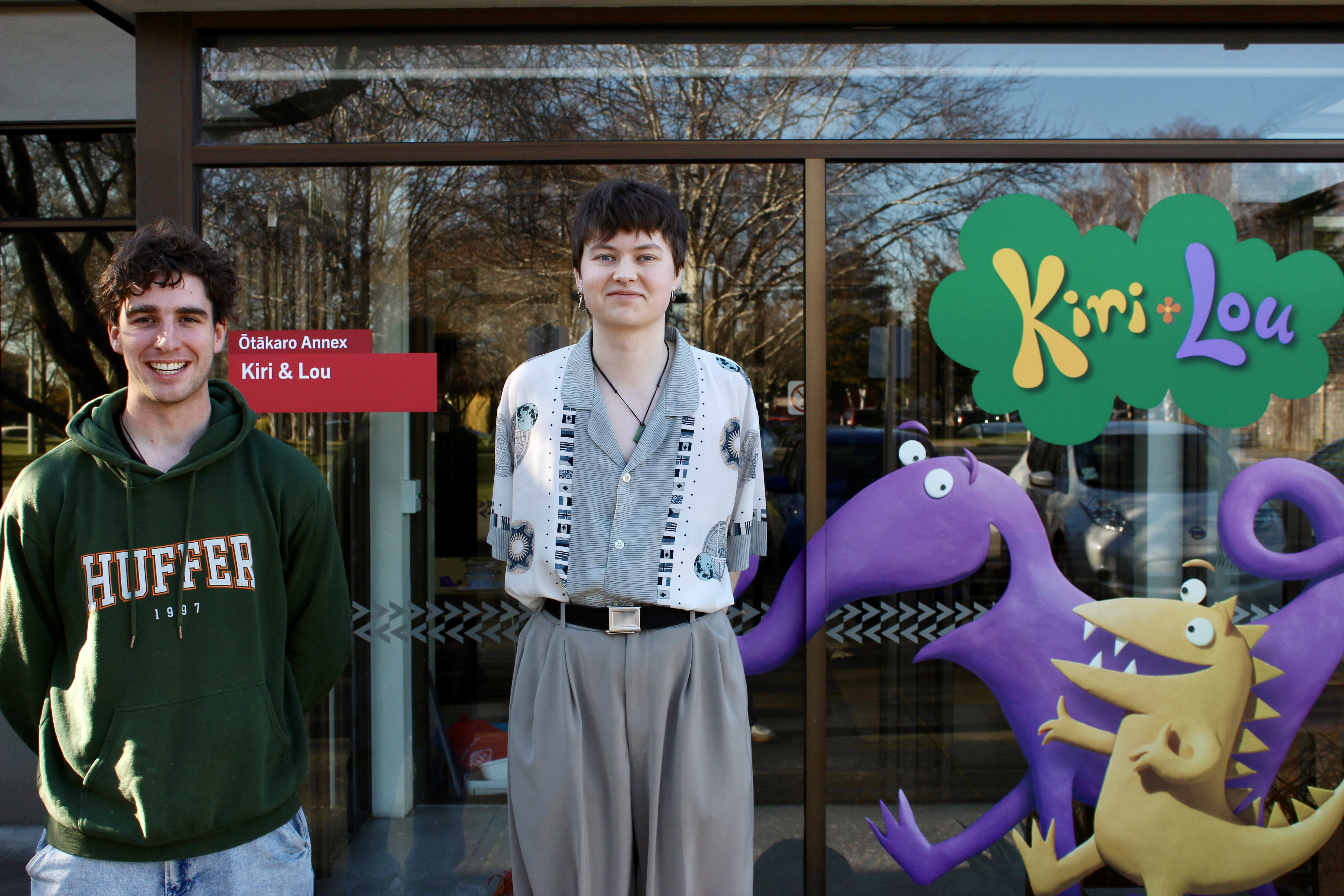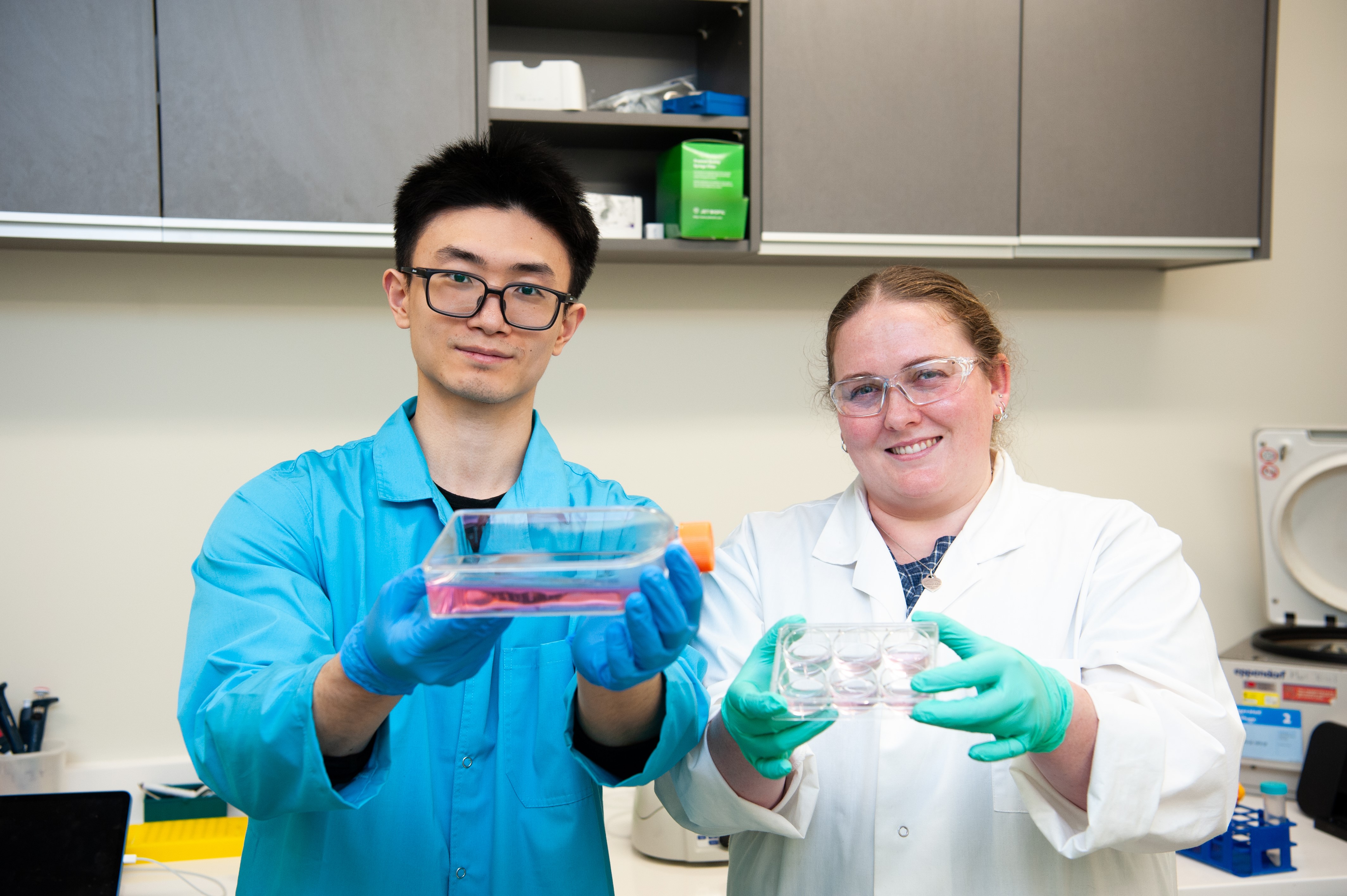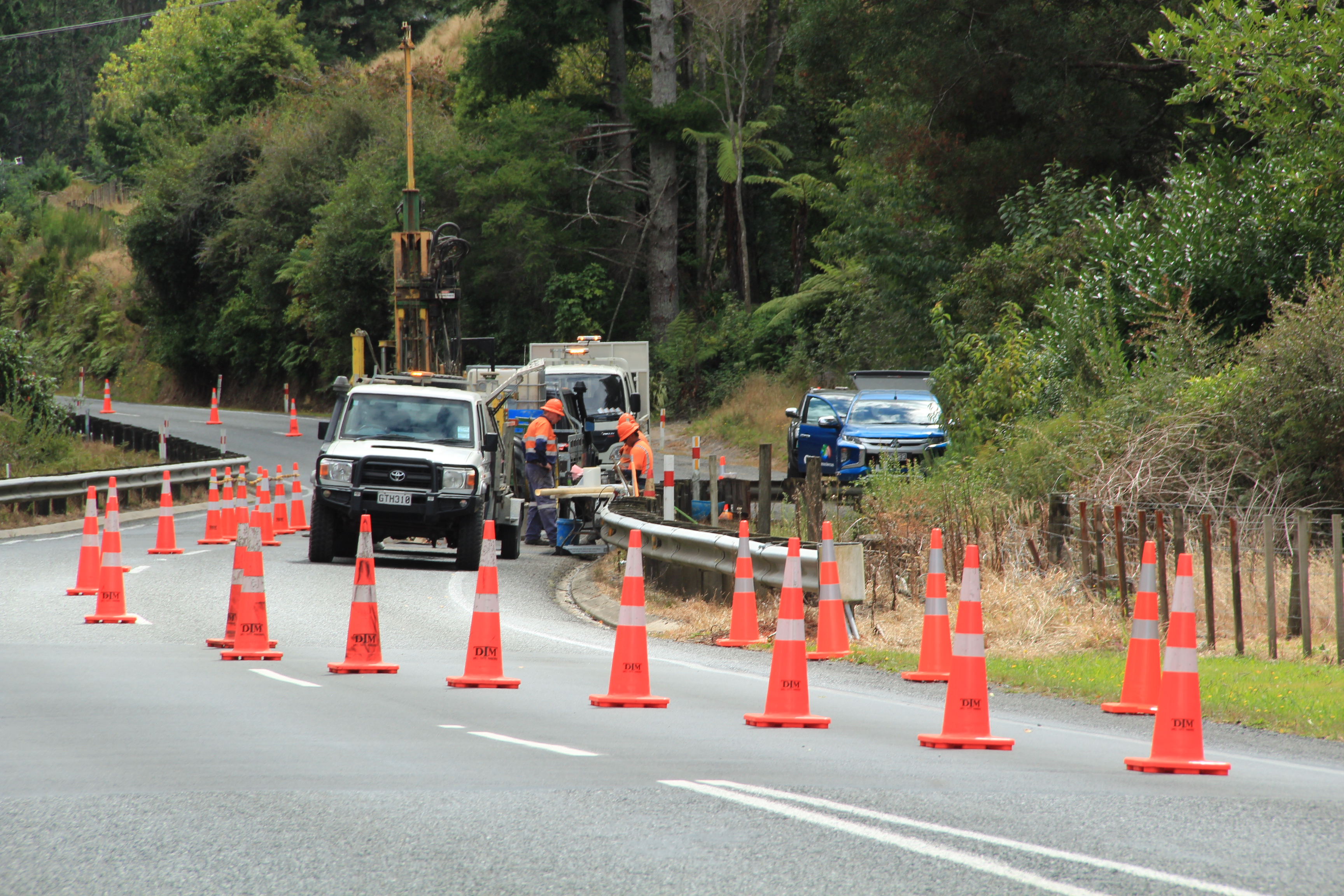Dr Sarah Lovell's research observes major shifts in food production are shown to have a profound impact on community capacity.
Changes in food production have been shown to affect community capacity in the small town of Mataura, Aotearoa New Zealand.
In the late eighties and early nineties, food production in Aotearoa New Zealand began to change. As dairy farming emerged and the economy became increasingly dependent on it, people began shifting away from traditional sheep farming. Fewer sheep were being sent to the slaughterhouse and, consequently, mutton-chains began to close, affecting rural communities.
Nestled in lower Te Waipounamu South Island, Mataura is a small town of approximately 1,500 residents. When the mutton-chain at the local freezing works, a refrigerated slaughterhouse where meat is processed, was shut down, 225 workers’ jobs were affected.
For health researcher Dr Sarah Lovell, a senior lecturer in the College of Education, Health and Human Development | Te Rāngai Ako me te Hauora, the changes created a rare opportunity. It was her chance to observe the impact on local residents of removing an industry that had been a major employer and contributor to the local economy for decades.
“We were interested in how community capacity was affected over time. We were already in the area, and then to find out that the freezing works were about to downsize, it created a really interesting opportunity to see the effect economic setbacks had on that community capacity,” Dr Lovell says.
Community capacity
Community capacity building is grounded in the belief that the skills, resources and networks of a community will enable members to identify and act on problems independently. Towns with strong community capacity are believed to be more resilient in the face of setbacks.
“When people are well connected and can use their own resources, they can solve all sorts of problems without relying on government or other sources,” Dr Lovell says.
“We surveyed randomly identified people from the town and compared these findings with survey results from people living in similar-sized towns. We wanted to know whether the changes in community capacity we were seeing in Mataura were isolated to this town.”
Studying the experience of community members as Mataura transformed economically from a dynamic manufacturing economy to become dependent on nearby towns for employment has yielded some fascinating insights on economic decline and its direct impact on the short-term resilience of the community.
“There is this belief that community capacity is somewhat separate to economic setbacks; however, we very much disproved that theory, at least in the short term,” Dr Lovell says.
This is not all a bad news story for Mataura. Despite its economic challenges, the town was boosted by government funding for a community development worker, local governance was supported by the establishment of a community board, and the rejuvenated marae was a social hub. These social development initiatives did not protect the town from further industry withdrawal but they did enable a strategy to minimise the social impact on the town.
“Our findings suggest that towns recovering from economic setbacks may require additional outside support and that reductions in community capacity may have a personal cost for affected residents.”
The closure of sheep processing at the Mataura freezing works led to job transfers, retirement or unemployment for most of the self-described ‘Muttonheads’ who worked on the mutton-chain and participated in the qualitative aspect of Dr Lovell’s study.
These workers narrated a life structured around shift work that provided them with a sense of purpose, routine and social connection. Biographical interviews highlighted the personal implications of economic decline as jobs were lost, social networks were eroded and a once-vibrant main street was replaced with empty storefronts.
“Our findings from Mataura suggest that a small town’s perceptions of community capacity may be much more sensitive to economic change than previously recognised,” Dr Lovell says.
“Competition from offshore is driving change in food production and manufacturing. This research clearly shows we need to think about the impact these industries have on community capacity, especially in rural towns, and what this change might mean for its residents.”
Dr Lovell is planning to go back to Mataura in 2019 to reassess the five-year impact of this shift in food production and analyse whether the short-term effects she observed will have long-term consequences for Mataura.




.jpg)





